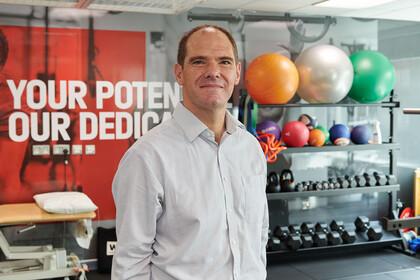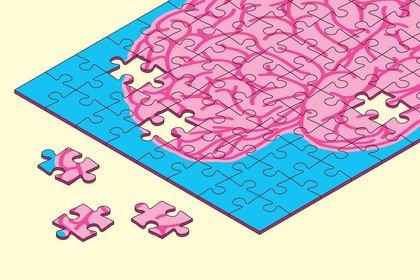We fund research that enhances our understanding of how biological, psychological, and social factors interact in the development and resolution of depression, anxiety, and psychosis - including OCD, PTSD, bipolar, and schizophrenia - as well as projects to find new and improved ways to predict, identify and intervene as early as possible.
We are interested in all interventions, pharmacological or non-pharmacological, provided through healthcare systems or by other systems, such as workplaces, educational organisations, or undertaken by an individual themselves.
We support initiatives to build a more inclusive and coherent mental health science community. This includes funding necessary infrastructure, such as improved databases and platforms for trials.
This is in addition to funding that is already available via our Discovery Research programme, which is open to applications relating to all mental health conditions.
Find out what mental health research we are funding – now and in the future.
Mental health funding calls in progress











